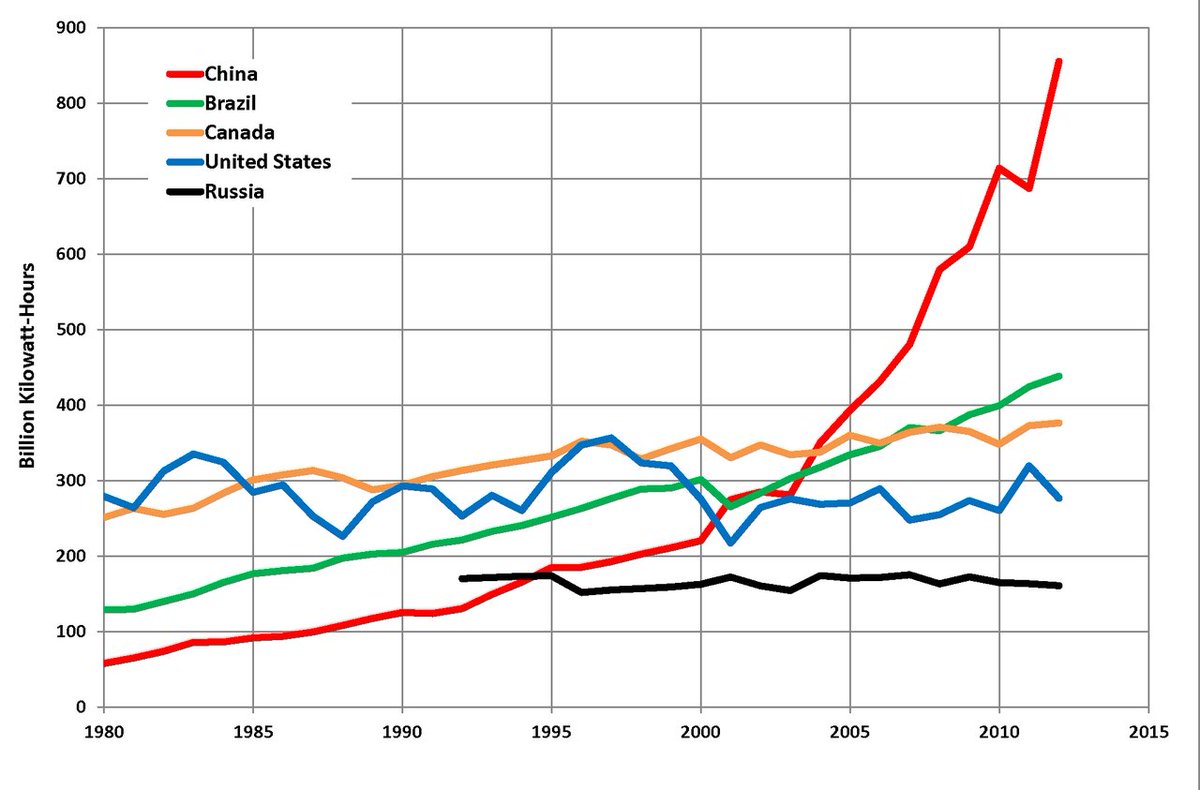
In Portugal sind 98% (!) aller Menschen, die dürfen, geimpft.
Wir haben sie das geschafft? Sie haben den U-Boot-Admiral und Militär-Logistiker Henrique Gouveia e Melo damit beauftragt. Hier ein paar Zitate aus dem Artikel der New York Times.
(Thread)
nytimes.com/2021/10/01/wor…
Wir haben sie das geschafft? Sie haben den U-Boot-Admiral und Militär-Logistiker Henrique Gouveia e Melo damit beauftragt. Hier ein paar Zitate aus dem Artikel der New York Times.
(Thread)
nytimes.com/2021/10/01/wor…
The country’s vaccine program was in a shambles, so the government turned to Vice Adm. Henrique Gouveia e Melo, a former submarine squadron commander, to right the ship.
8 months later, Portugal is among the world’s leaders in vaccinations, with roughly 86% of its population of 10.3 million fully vaccinated. About 98% of all of those eligible for vaccines — meaning anyone over 12 — have been fully vaccinated, Admiral Gouveia e Melo said.
On Friday, Portugal ended nearly all of its coronavirus restrictions. There has been a sharp drop in new cases, to about 650 a day, and vanishingly few deaths.
Portugal may soon start offering boosters to older people and the vulnerable, Admiral Gouveia e Melo said, and he was confident they could all be reached by the end of December.
But for the moment, as bars and nightclubs buzz with life, infections dwindle and deaths plummet.
But for the moment, as bars and nightclubs buzz with life, infections dwindle and deaths plummet.
The same flood of misinformation about vaccines has filled the social media accounts of the Portuguese. The country is run by a minority left-wing government, a reflection of its political divisions. And, according to polls, at first there was widespread doubt about the vaccines.
Admiral Gouveia e Melo has been credited with turning it around. With a background working on complicated logistical challenges in the military, he was named in February to lead the national vaccination task force.
Standing 6 feet 3 inches, the admiral made it a point to wear only his combat uniform in his many public and television appearances as he sought to essentially draft the nation into one collective pandemic-fighting force. 

“The first thing is to make this thing a war,” Admiral Gouveia e Melo said in an interview, recalling how he approached the job. “I use not only the language of war, but military language.”
While politicians around the world have invoked a similar martial rhetoric, he said it was critical to his success that he was widely seen as detached from politics.
He quickly assembled a team of some three dozen people, led by elite military personnel — including mathematicians, doctors, analysts and strategic experts from Portugal’s Army, Air Force and Navy.
Asked what other countries can do to bolster their own vaccination efforts, he did not hesitate to offer his best advice.
“They need to find people who are not politicians,” he said.
“They need to find people who are not politicians,” he said.
As the task force devised the most efficient system to safely stream the most people through inoculation centers, they used troops to build confidence in the system. People could see the vaccines were safe as soldier after soldier got shots.
In a submarine, the admiral said, you are in a slow ship trying to catch faster ships.
“You have to position yourself and be smart about how to do it,” he said, “and seize the opportunity when it arrives.”
“You have to position yourself and be smart about how to do it,” he said, “and seize the opportunity when it arrives.”
In July, Admiral Gouveia e Melo seized such an opportunity.
Protesters were blocking the entrance to a vaccination center in Lisbon, so he donned his combat uniform and went there with no security detail.
Protesters were blocking the entrance to a vaccination center in Lisbon, so he donned his combat uniform and went there with no security detail.
“I went through these crazy people,” he said. “They started to call me ‘murderer, murderer.’”
As the television cameras rolled, the admiral calmly stood his ground.
As the television cameras rolled, the admiral calmly stood his ground.
“I said the murderer is the virus,” Admiral Gouveia e Melo recalled. The true killer, he said, would be people who live like it is the 13th century without any notion of reality.
“I attempted to communicate in a very true and honest way about all doubts and problems,” he said.
“I attempted to communicate in a very true and honest way about all doubts and problems,” he said.
“In the beginning, we had some 40 percent who were unsure,” Admiral Gouveia e Melo said. Now, according to polls, he said, only 2.2 percent do not want the vaccine.
As he stepped down from the task force this week, the admiral said he felt the country was on a good course. But, ever the submariner, he cautioned that vigilance would remain essential to ensuring that this war was won.
So geht #Krisenmanagement. Ich fordere seit Mitte 2020 eine derartige Taskforce und einen unpolitischen Krisenmanager. Wir brauchen das auch jetzt noch.
• • •
Missing some Tweet in this thread? You can try to
force a refresh









